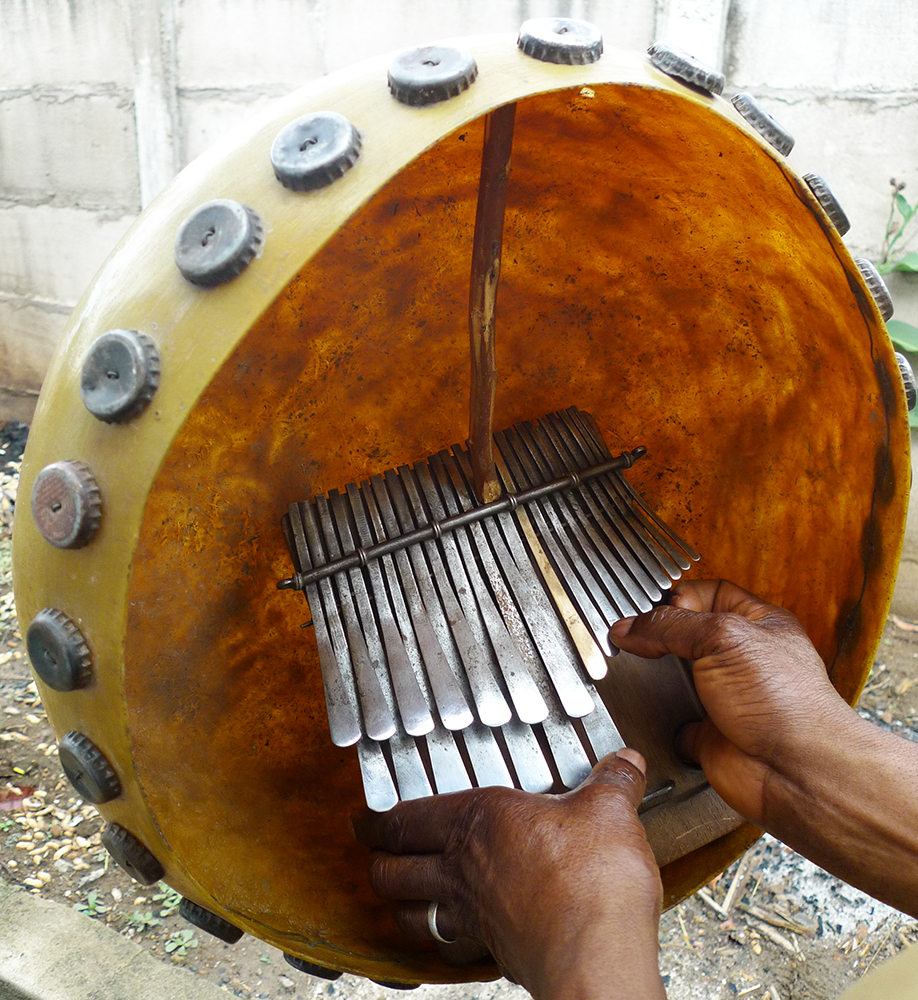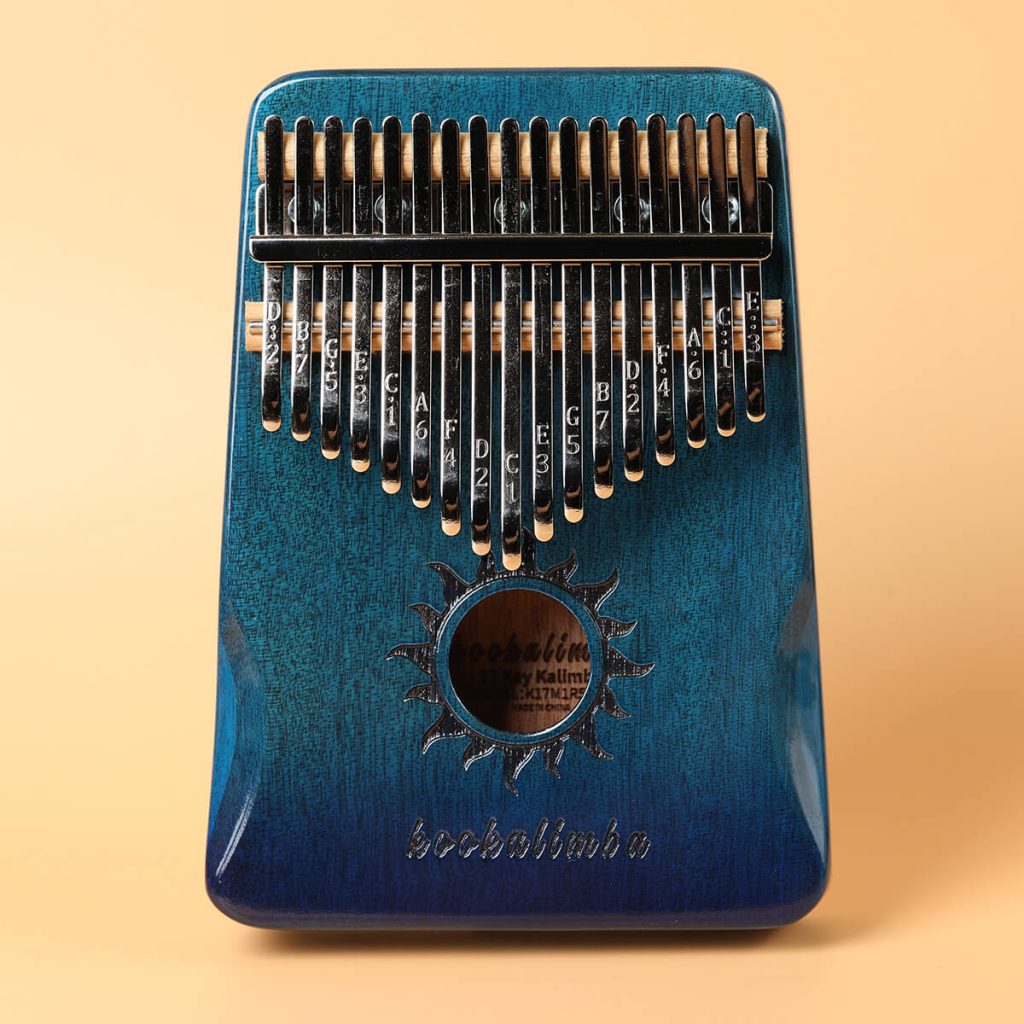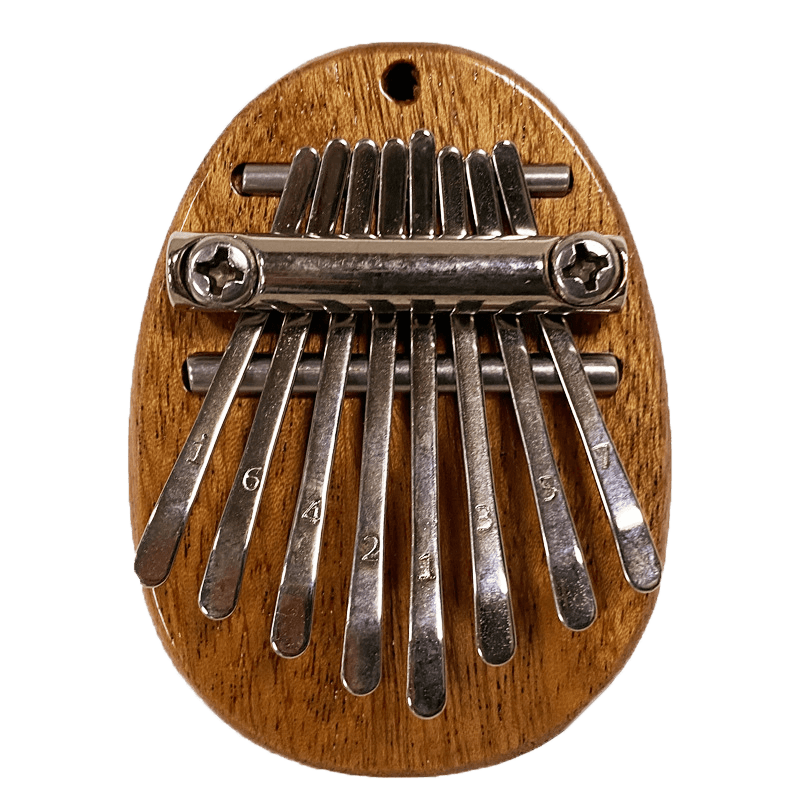The lamellaphone family of instruments includes a wide variety of African musical instruments that are all played by plucking the tuned tongues (or lamellae) of the instrument. Lamellaphones can be classified into three main groups: mbiras, kalimbas, and thumb pianos. In this blog post, we’ll take a closer look at each type of instrument, discussing their construction, playing techniques, and unique sounds.
Mbiras
The mbira is probably the best-known type of lamellaphone, due in part to its widespread use in traditional African music. Mbiras typically have between 22 and 28 metal or bamboo keys mounted on a wooden soundboard. The keys are plucked with the thumbs and forefingers, and the instrument is often held in the lap while being played. Mbiras produce a bright, tinkling sound that is perfect for creating complex rhythms.

Kalimbas
Kalimbas are lamellaphones that originated in West Africa. They typically have between 17 keys and 19 keys mounted on a wooden soundboard in the shape of an animal or anthropomorphic figure. The keys are plucked with the thumbs and forefingers, and the instrument is held in the lap while being played. Kalimbas produce a mellower sound than mbiras, making them well-suited for playing melodies.

Thumb Pianos
Thumb pianos are lamellaphones that originated in Central Africa. They have between 8 and 12 metal or bamboo keys mounted on a wooden soundboard. The keys are plucked with the thumbs and forefingers, and the instrument is held in the lap while being played. Thumb pianos produce a bright, ringing sound that carries well over long distances. How to fix dead tines?

Conclusion:
Lamellaphones are fascinating musical instruments with a long history of use in Africa. If you’re interested in learning more about them, I suggest checking out some online resources or attending a concert or workshop featuring these instruments. No matter what your interest level is, there’s sure to be something out there that will pique your curiosity about these unique instruments!
